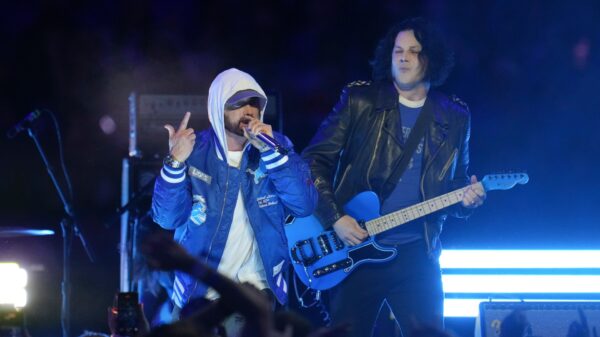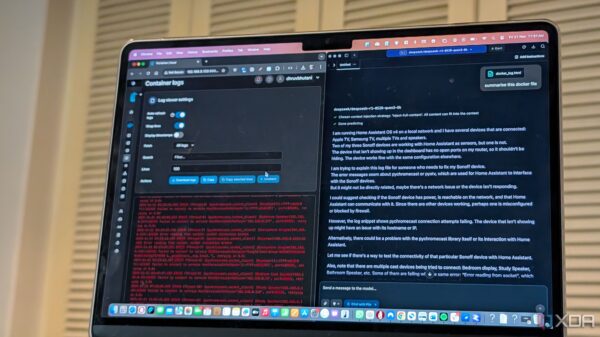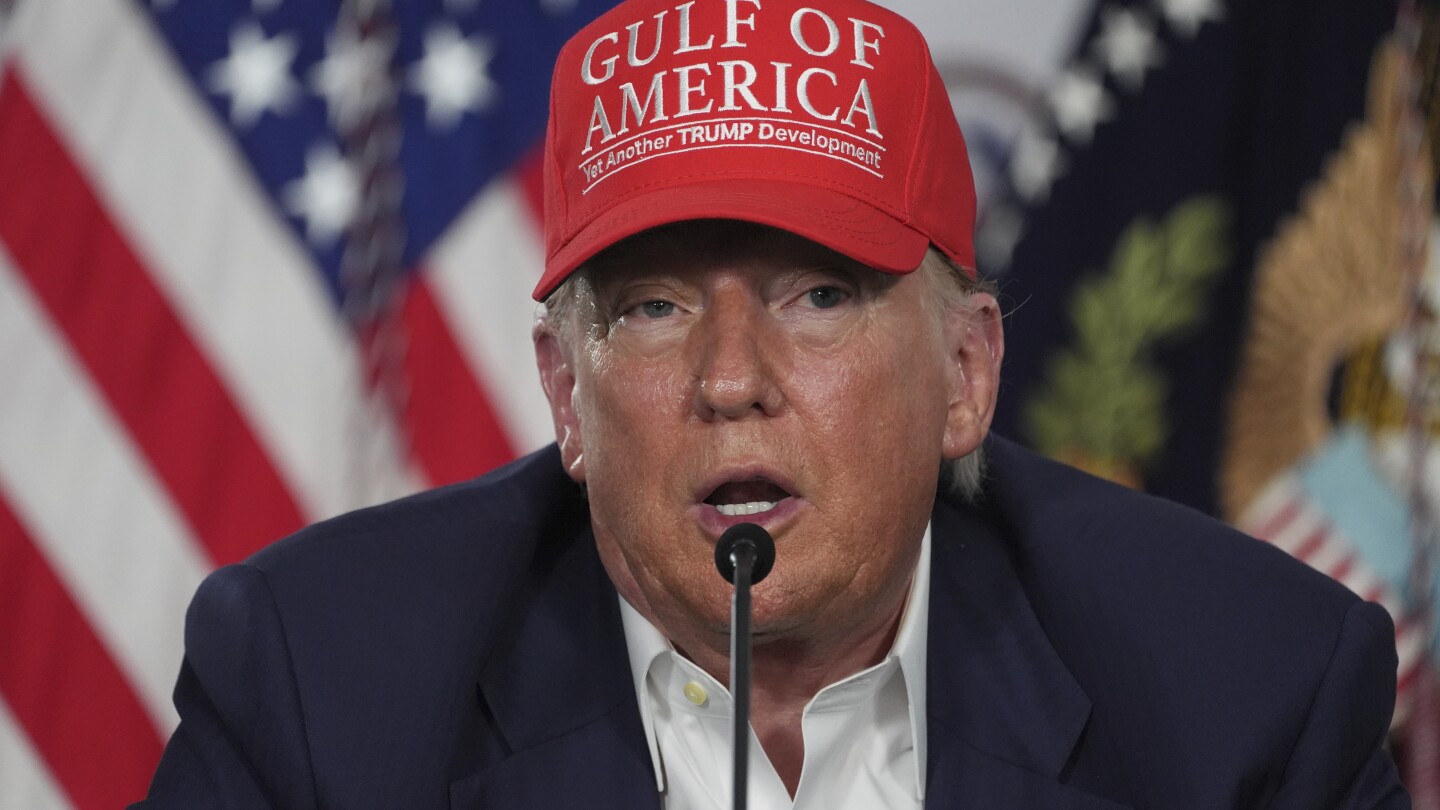NEW YORK (AP) — In a landmark case that tested the boundaries of American free speech, Paramount has agreed to a $16 million settlement with former President Donald Trump. The lawsuit stemmed from the editing of a CBS “60 Minutes” interview with then-Vice President Kamala Harris in October. The settlement funds are earmarked for Trump’s future presidential library, not for personal gain, and no apology was issued by Paramount.
Trump’s legal team argued that the editing of the interview caused the former president “mental anguish,” suggesting it was manipulated to favor Harris, the Democratic nominee for the 2024 presidential election. Paramount and CBS, however, dismissed these claims as “completely without merit” and had initially sought to have the lawsuit dismissed even as settlement negotiations were underway.
The case has sparked widespread discussion, viewed by many as a critical examination of how media organizations navigate relationships with political figures. Paramount is concurrently seeking approval from the Trump administration for a proposed merger with Skydance Media, adding another layer of complexity to the situation.
Corporate Strategy and Legal Considerations
In a recent shareholder meeting, Paramount co-CEO George Cheeks explained that settling litigation can often be a strategic move to avoid the high costs and unpredictability of a trial. “Settlement allows a company to focus on its objectives rather than being mired in uncertainty and distraction,” Cheeks noted.
A spokesperson for Trump’s legal team claimed the settlement as a victory for the American people, emphasizing the importance of transparency in media practices. As part of the agreement, Paramount has committed to releasing full, unedited transcripts of future “60 Minutes” interviews with presidential candidates, subject to necessary redactions for legal and national security reasons.
The Impact on CBS News and ’60 Minutes’
The settlement has stirred controversy within CBS News, particularly among the “60 Minutes” team. Rome Hartman, a producer of the Harris interview, criticized the settlement as a “cowardly capitulation” and a betrayal of journalistic integrity. “The story was edited by the book and in accordance with CBS News standards,” Hartman asserted.
Correspondents from the program expressed their concerns in a letter to Paramount’s leadership, fearing that the settlement might imply wrongdoing on their part. The letter, signed by prominent journalists including Bill Whitaker and Lesley Stahl, warned that succumbing to pressure could undermine the First Amendment.
“If our parent company caves in to his pressure and lies, it will leave a shameful stain and undermine the First Amendment,” the correspondents wrote.
The fallout from the settlement has already led to the resignation of CBS News President and CEO Wendy McMahon and “60 Minutes” executive producer Bill Owens, both of whom opposed the settlement.
Broader Implications and Historical Context
This settlement is not an isolated incident. In December, ABC News settled a defamation lawsuit with Trump over comments made by anchor George Stephanopoulos, agreeing to a $15 million payment towards Trump’s presidential library. Similarly, Meta reportedly paid $25 million to resolve Trump’s lawsuit regarding the suspension of his social media accounts after the January 6 Capitol riot.
The Freedom of the Press Foundation, a media advocacy group and Paramount shareholder, has voiced its intention to file a lawsuit in protest of the settlement, underscoring the ongoing tension between media organizations and political figures.
As media companies navigate these complex legal landscapes, the balance between journalistic integrity and corporate interests remains a contentious issue. The settlement with Trump highlights the challenges faced by news organizations in maintaining editorial independence while managing legal and financial pressures.
Moving forward, the implications of this settlement may influence how media outlets approach political coverage, particularly in the context of the upcoming 2024 presidential election. The commitment to releasing full interview transcripts could set a new standard for transparency, potentially reshaping public trust in media reporting.



































































